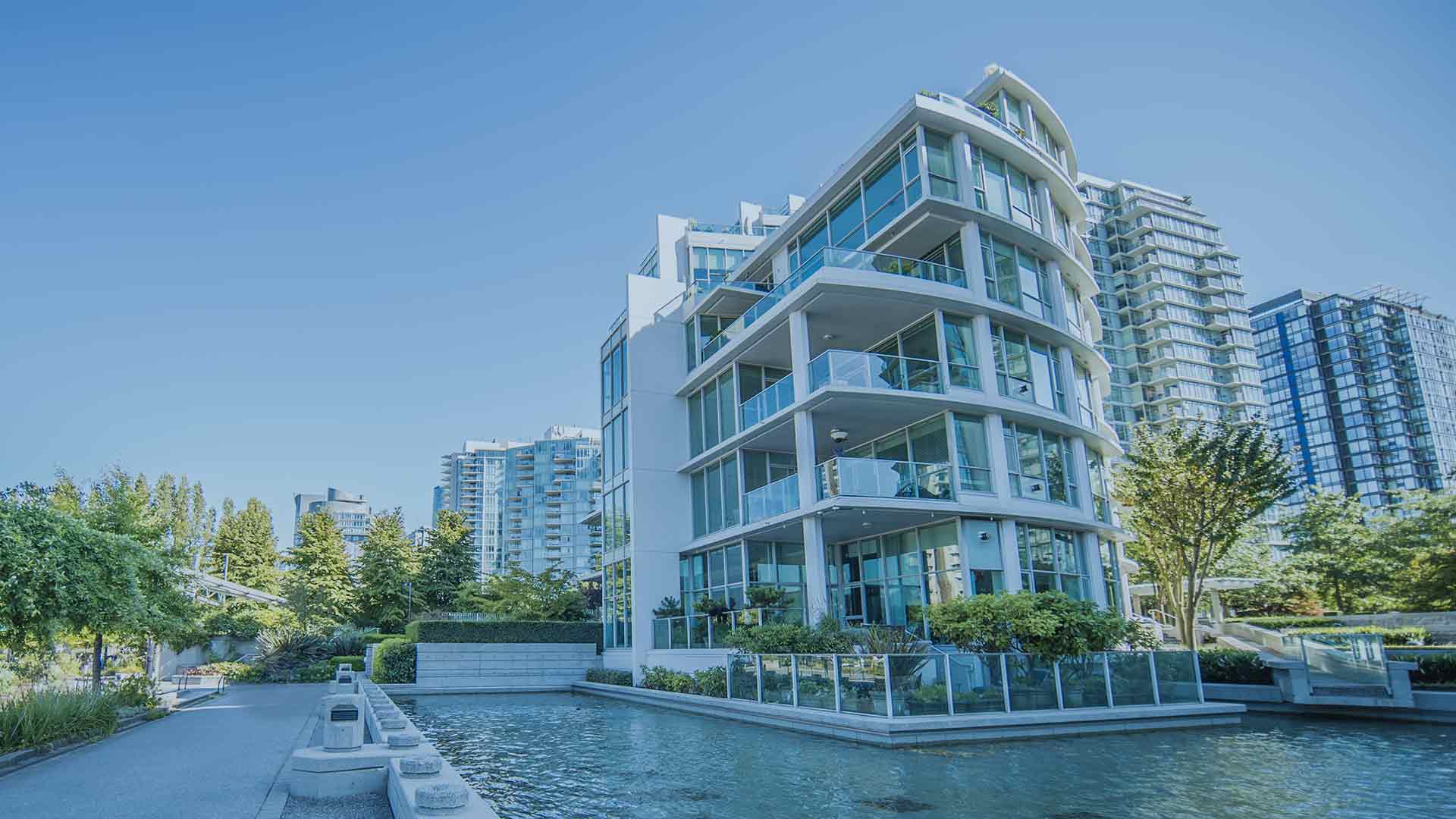Policies and Procedures to Ensure a Smooth Audit
An audit may seem like a daunting and stressful task to some, but with proper preparation you can make it a walk in the park. There are many things you can do before the auditors even start which could greatly reduce your stress and bring ease to yourself and the auditors. Below are some insights from the perspective of an auditor that could facilitate ‘a walk in the park’ audit experience for you.
Build the condo audit file throughout the year
Treating the audit as a year-long process can save time in the long run. The auditor will be looking at information not only at year end, but also at various points throughout the year. A major focus point for an audit involves reviewing the controls and processes in place between the Board and the Property Manager with emphasis centered around the Boards review and approval of monthly financial information. This financial information includes, but is not limited to, monthly internal financial statements, monthly bank reconciliations, and monthly budget to actual discussions. Board oversight can be done at Board meetings or virtually; the key is to ensure that documentation of these reviews are noted in the minutes or an email exchange between the Board and the Property Manager.
Store condo information in a hard copy or electronic file for the audit
Maintaining various financial schedules, account reconciliations, financial reports, Board minutes, email approval communications, signed contracts, and other legal correspondence that has occurred throughout the year and storing them in a hard copy or electronic file keeps things at your fingertips when the auditor makes a request.
Be ready for the condo audit when it’s showtime
The audit generally occurs around the same time each year so it should not be a surprise. In most cases the date has been set months in advance by your audit team to ensure their staff availability. The planned timing is meant to ensure that an efficient and effective audit process occurs.
What if you’re not ready for the condo audit?
Ok, so life happens, and things might change. If events or circumstances have surfaced that demand your attention and you have not had time to gather the information requested by your auditor, then it may be better to request to defer the start of the audit. Typically, you are ready for the audit to begin if the monthly reports for your year-end month have been finalized by your finance team. Delays in receiving information from regular vendors or reserve fund project contractors could slow you down, so try to have this information in advance. To ensure your financial statements are accurate, it is imperative that you have all regular expenses as well as reserve fund expenses recorded up to the date of your year-end. If there are significant fluctuations within expense accounts from the prior year or even the budget, it can be beneficial to anticipate these inquiries and provide a summary of these variances to the auditor at the start of the engagement.
Organize the condo audit package you send your auditor
Proper organization of information and data is pertinent when preparing for an audit. The easier a specific invoice or contract is for an auditor to find, the more efficient that auditor can be with their time. It may sound obvious but when preparing and providing requested information to the auditor, it is recommended that information is neatly filed and organized in a logical manner.
Use folders, binders and files names to identify condo information
When providing information in hard copy form, using folders and binders to sort this information based on vendors or months keeps things neat and tidy and easily searchable. Your preferred method will depend on the size of the condominium. Providing your information electronically is becoming increasingly popular. Organization is still key, and the use of folders organized by vendors or months remains a valid recommendation while ensuring files are named appropriately to allow the auditor to review the items quickly and efficiently.
Be available to meet and communicate with the condo auditor
Discussions between the auditor and the property manager / condo board are an important component of the audit process and often the greatest cause of delays in finalizing the file. Discussions with management and the Board regarding the condominium, its year over year changes and matters that arise specific to the year in question, need to take place and be appropriately documented for the auditor to complete all procedures required under our profession’s Canadian Audit Standards.
Is email effective for communicating audit information?
The year 2020 has revealed that it will become more common for these discussions to take place virtually rather than face to face. While emails are a quick way of communicating information, it often results in ineffective communication if there are lengthy back-and-forth email exchanges to clarify a question or its response. Therefore, to assist with efficiency, it is highly recommended that property managers and/or Board members be available for a phone or teleconference meeting through tools such as Zoom or Microsoft Teams and that this meeting be scheduled the start of the audit review.
Where can you get a list of items required for the condo audit process?
Many auditors provide lists of needed items in advance of the audit process and these lists remain relatively consistent year after year. Being proactive to build your files, ensuring all elements are a go at the audit date, ensuring your files are organized, and making yourself available to the auditors can allow your next audit experience to be ‘a walk in the park’.
Preparing for a condominium audit requires planning and organization. Our team of professionals at McCay Duff LLP is ready to work with you throughout the process. Contact your McCay Duff advisor today to get started!





